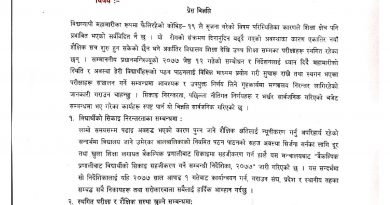The Poplar Field
– William Cowper
William Cowper is a romantic poet who shows eco consciousness through the poem The poplar field (1800). He highlights how de plantation and desertification begin with the beginning of industrialization and urbanization. The poem deals with the personal feeling according to the principle of romanticism. Romantic poets do not express the common interest so they deal their personal emotions using singular pronoun 1. So, in this poem we see the first person instead of others. Personal approach makes the expression stronger and powerful.
The poet evokes that the poplars are cut down which used to grow along the Ouse River. The river doesn’t reflect the beautiful shadows of these trees. The musical environment has been ruined now. The leaves don’t blow the air and sing a song in happy mood. There are also no shades. These trees were once in the field but now they have become seats. Not only the environment has been ruined but there is also destruction of the blackbird’s habitat. The bird used to add charm in that beautiful environment by its different types of melodious songs. It has transferred its nest to the hazel trees to get shelter and shade. Here, the poet has noticed drastic change in the bank of Ouse River after twelve years.
The poet thinks that his days too are passing away fast and should be lying down like those poplars. He thinks that he will be in the tomb before such grove will grow again. Such scenes make him think deeply about human lives. He understands that trees are perishable like the woods. Such events inspire him to think about the perishable nature of human joys and our enjoyment is short when our lives are so short. Man is the most perishable thing in the world and will live shorter than now in the future.
The poem compares the life cycle of poplar and the human life. Poplar grows up; it produces branches. leaves, etc. It makes shades and pillars. It lies down and perishes in the ground. Our lives also grow and human life is also similar to the natural life. However, the life of nature or tree passes through time. The human life is also the same. So, our enjoyment goes away from the life. As human life is not certain, we should live our life, every moment of life enjoying a lot and with great happiness. We cannot take these enjoyable moment with use after our death. We can take only the physical body, which we get from the nature- our pleasures and enjoyments all die before our death.
The poet expresses ideas about conservation of forest. Trees are the sources of human happiness if we chop down the happiness of human beings. But at present people valorise their present urges and chop down trees to make comfortable furniture they don’t pay attention on the long lasting effects of deforestation..
The poem is remarkable for its celebration of the rural and its nostalgic tone. Nostalgic poems are reminiscences of past life of a poet. That is also part of autobiography. One compulsorily describes his past life in first person. The poem deals with the deplantation and the result of this human deed to the future generation. The poet speaks in the defence of nature conservation. Deplantation means perishing our pleasures of beautiful nature. The woods in which one can hear sounds of wind, songs of birds and where one can see image of trees in the river all turn to be our tombs. Human shortens not only his life but also enjoyment. Therefore, man must think of conservation of nature for survival of all human beings, animals and beauty of nature.

